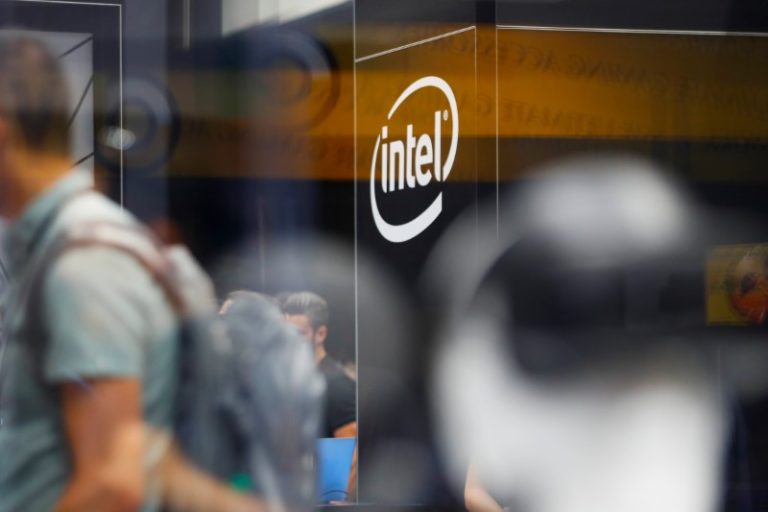Morris Chang, the founder of Taiwan Semiconductor Manufacturing Co (TSMC), commented on Monday about the recent leadership changes at Intel (NASDAQ:INTC), suggesting that the company should have prioritized artificial intelligence (AI) over its aspirations to become a contract chipmaker.
The remarks, reported by Reuters, come amid the departure of Intel’s CEO, Pat Gelsinger, earlier this month.
Chang, who was speaking at an event for the launch of his autobiography, expressed uncertainty about the reasons behind Gelsinger’s exit from Intel. He speculated that the U.S. tech giant is in search of a new direction and leadership.
Gelsinger’s tenure at Intel was marked by an ambitious but challenging plan to reclaim the company’s dominance in the semiconductor foundry sector, a title now held by TSMC.
“I don’t know why Pat resigned. I don’t know if his strategy was bad or if he didn’t execute it well…Compared with AI, he seemed to focus more on becoming a foundry. Of course now it seems that (Gelsinger) should have focused on AI,” Chang stated during the event.
The transition has left Intel without a clear new strategy or a successor for the CEO position, a gap that Chang highlighted as a significant challenge for the company. Intel has not provided a comment regarding Chang’s observations.
Under Gelsinger’s leadership, Intel faced setbacks, losing or cancelling contracts with major clients and also causing friction with TSMC.
Chang referred to Gelsinger as “a bit rude” in a Reuters special report from October, indicating strained relations between the two semiconductor giants.
Chang’s recently released memoir covers his professional journey from 1964 to 2018, detailing TSMC’s interactions with prominent clients like Apple (NASDAQ:AAPL) and Qualcomm (NASDAQ:QCOM).
It also touches on a historical moment when Intel declined an opportunity to invest in TSMC during the 1980s, a decision that preceded Intel becoming one of TSMC’s significant customers.
This article was generated with the support of AI and reviewed by an editor. For more information see our T&C.

